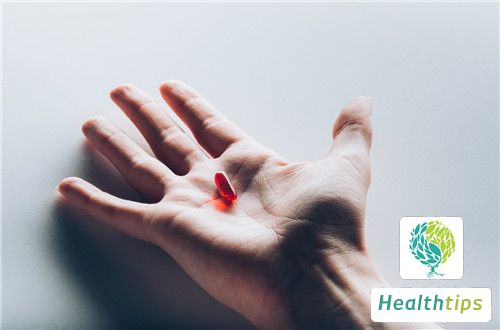Berberine Hydrochloride Tablets are mainly used to treat gastroenteritis, bacterial dysentery and other diseases. Commonly known as berberine hydrochloride, the tablets treat diarrhea by relieving inflammation and inhibiting bacteria such as Shigella dysenteriae, Staphylococcus aureus, Streptococcus, Escherichia coli, Streptococcus pneumoniae, etc. They can also be used to treat tuberculosis, scarlet fever, acute tonsillitis, and other diseases.

1. Functions and Treatments of Berberine Hydrochloride Tablets: Berberine has antibacterial effects on hemolytic streptococcus, Staphylococcus aureus, gonococcus, Flexneri and Shigella dysenteriae, and can enhance the phagocytosis of white blood cells. The hydrochloride salt of berberine (commonly known as berberine hydrochloride) has been widely used to treat gastroenteritis, bacterial dysentery, and has a certain curative effect on tuberculosis, scarlet fever, acute tonsillitis, and respiratory tract infections.
2. Ingredients of Berberine Hydrochloride Tablets: Berberine hydrochloride tablets are yellow tablets or sugar-coated tablets. Each tablet contains 0.1 gram of the main ingredient, berberine hydrochloride, with starch, hydroxypropyl cellulose, colloidal silica, magnesium stearate, sucrose, talc, dextrin, and lemon yellow as excipients.
3. Adverse Reactions of Berberine Hydrochloride Tablets: (1) Oral administration has fewer adverse reactions, occasionally including nausea, vomiting, rash, and drug fever, which disappear after discontinuation. (2) Intravenous injection or infusion can cause vasodilation, hypotension, cardiac depression, and other reactions, severe cases may lead to Adams-Stokes syndrome or even death. China has announced the elimination of various berberine hydrochloride injections. A few people may experience mild abdominal or gastric discomfort, constipation, or diarrhea.

